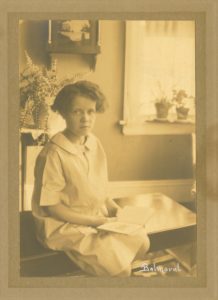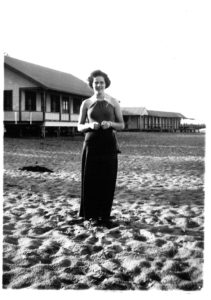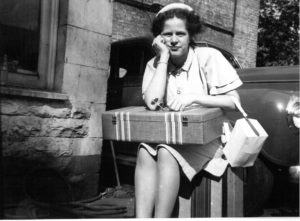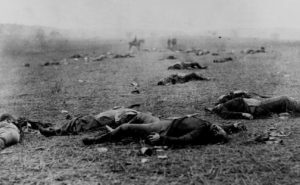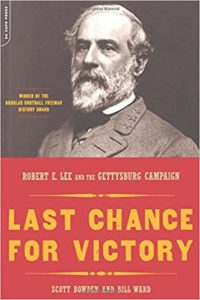At the moment, I’m not doing any writing, though I might write some over the weekend. While waiting for the proof copy of The Gutter Chronicles, Volume 2 to arrive, and while I do a small amount of marketing on that, I’m researching. And, I’m researching two different things.
My novel-in-progress, Adam of Jerusalem, will be the first in my church history novel series. I already have #2 and #4 written; about time I went backwards and wrote the prequel. It will be about a man named Adam, who is from Jerusalem, who wants badly to be a scribe in Israel. He came to that career choice somewhat late, and is ten years older than his fellow scribes-in-training. He receives an assignment to gather the teachings of the recently crucified Jesus, with the intent of using them to discredit His followers. He does this with diligence.
What Adam is preparing will become what has become known as the source document for the gospels of Matthew and Luke, the so called quelle, or “Q”. Scholars since the 1820s have theorized that there was some kind of written document that both Matthew and Luke relied on, in addition to the earlier gospel of Mark, to write their gospels. The trouble is, no copy of Q has ever been found. That, and for various technical/textural reasons, a large fraction of biblical scholars believe Q never existed. My reading has convinced me that more scholars think it did exist than think it didn’t exist.
I read a lot about this over a year ago, as I was beginning to program the novel. But, that was somewhat long ago. I felt that I needed to re-read some of that, and look at a few other scholarly thoughts about Q. That’s one thing I’m doing now, in preparation of getting back to my writing.
The other thing I’m doing is reading source documents for my next non-fiction book, Documenting America – Making the Constitution Edition. In past years I’ve read some of the Federalist Papers, those wonderful articles by Jay, Hamilton, and Madison defending the then-as-yet not adopted Constitution. I’m sure I’ll be making good use of them in my book, but I wanted to expand from there.
My intent for the book is to cover the period from the adoption of the Articles of Confederation in 1778 (or was it 1781? Gotta lock that down) to 1789 when the Constitution was ratified and became the law of the land. In the appropriate volume of The Annals of America I have found some excellent excerpts of related documents, and lists of additional sources I can track down and use, many of them out of copyright and thus easier for me to find and use.
My problem with research, especially the type I’m doing on DA-MCE, is that it can become a nightmare of over-researching, of trying to find that one more document when I already have four of five, of just reading on for enjoyment instead of stopping when I find what I need.
Yes, research is enjoyable to me. It’s like unfettered learning; improving my mind because I want to, not because I have to.
Tonight, my main task is to document what reading I’ve done in the Annals and begin to plan chapters of the book. I’ve already read six to ten documents, and made decisions on what to use or not; time to get that documented. Then, tomorrow night, I get back to reading.
Unless, of course, I get another case of Sideline Syndrome, and just have to get back to writing again.
